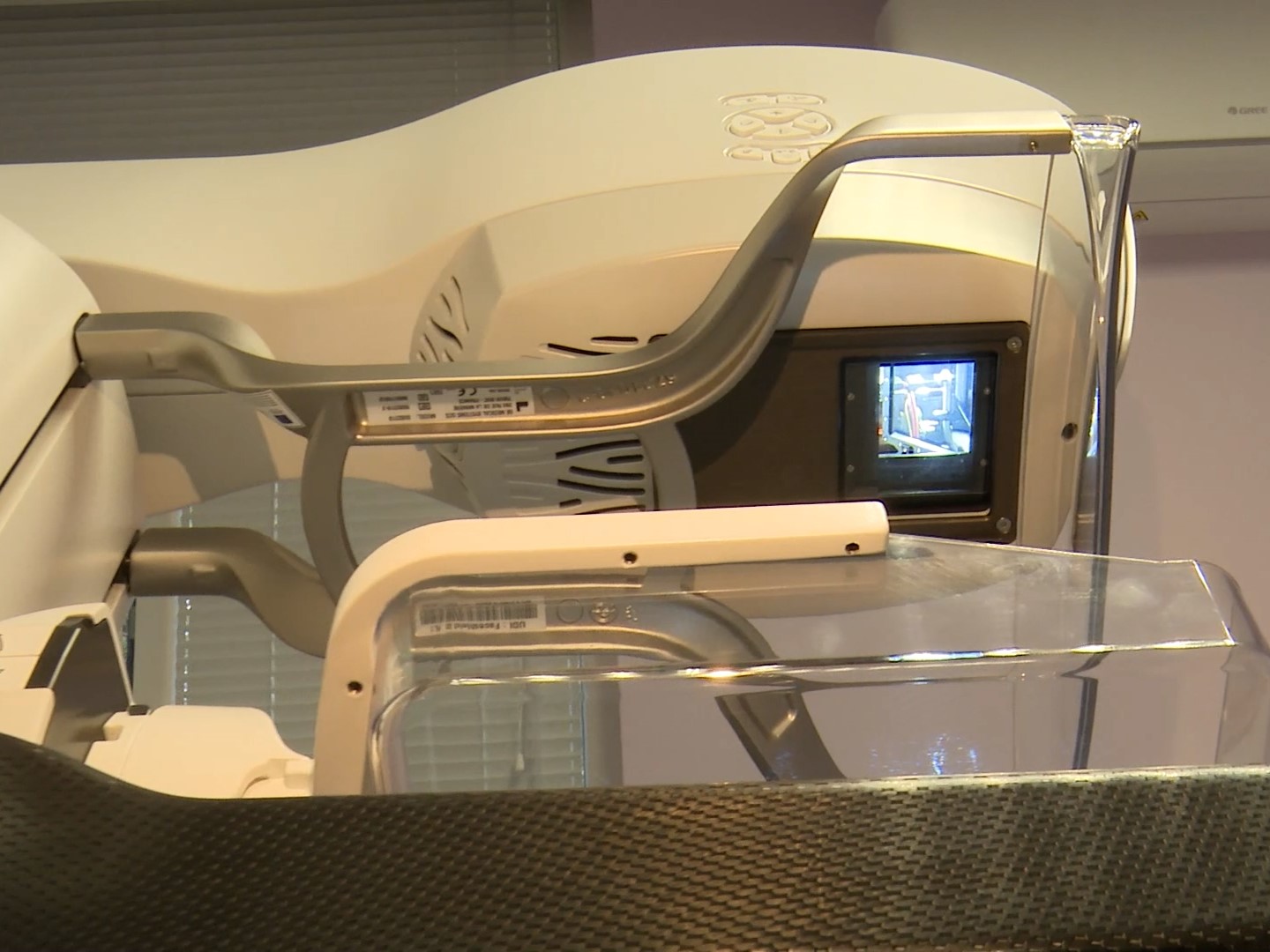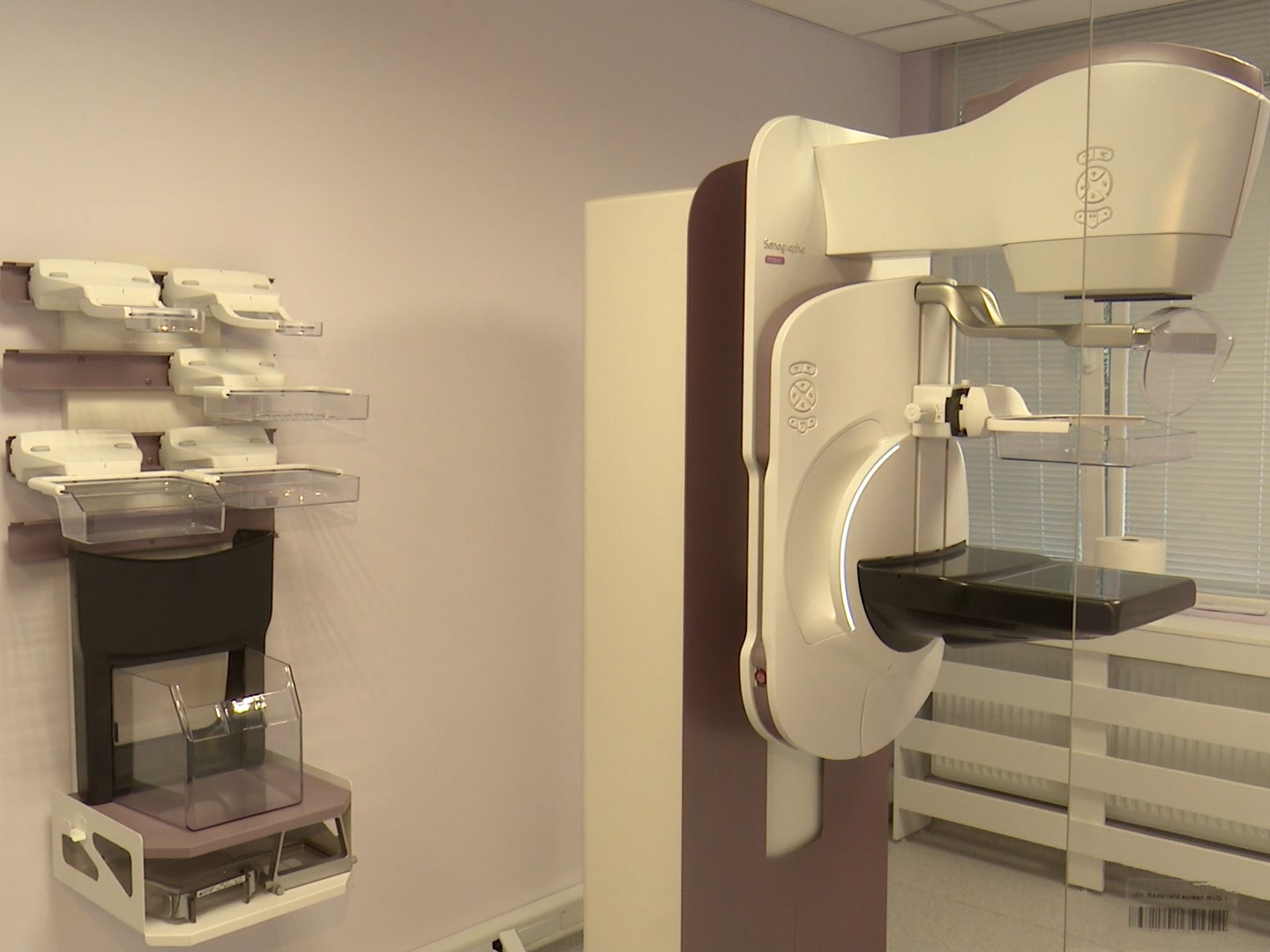For further information, please watch the video.
MU – Varna is investing in a latest-generation mammography machine, which will be used for scientific research in the field of breast cancer diagnosis and screening. The equipment is expected to enable scientists to investigate and propose new techniques for early detection of breast cancer. Scientific Group “Early Diagnosis and Prevention of Oncological Breast Diseases by Using New Technologies" (ELPIDA) has contributed to the new acquisition under the project of MU-Varna “Enhancement of Translational Excellence Achievement in Medicine (MUVE-TEAM)", funded by the European Union.


This equipment will support the development of experimental models and protocols that could be applied to patients in the future in the field of breast cancer diagnosis and screening. “The mammography machine will also be applied in studies with the so-called phantoms - these are test samples that allow researchers to make numerous measurements," explained Assoc. Prof. Eng. Zhivko Bliznakov from the Department of Medical Equipment, Electronic and Information Technologies in Healthcare.
According to specialists, the new equipment is a latest-generation mammography machine that enables the performance of specific examinations. In addition to standard 2D examinations, the apparatus also allows for detailed presentation of the findings through 3D examinations – the so-called tomosynthesis, which provides extremely accurate diagnostics, especially in patients with high breast density.
The new medical technology also allows for contrast-enhanced mammography. This method combines standard mammography and a recombined image obtained after injection of a contrast agent, which highlights areas with increased blood supply, characteristic of tumour formations. It is particularly useful in women with dense mammary glands, in cases of unclear findings from other examinations, or when magnetic resonance imaging (MRI) is not possible.
“For a socially significant disease such as breast cancer, mammography is crucial for monitoring and screening benign and malignant findings in the mammary glands," emphasised Assoc. Prof. Dr. Chavdar Bachvarov, Head of the Department of Diagnostic Imaging, Interventional Radiology and Radiotherapy at MU-Varna. The specialist further noted that this would allow the University scientists to contribute to the early diagnosis of breast cancer.
